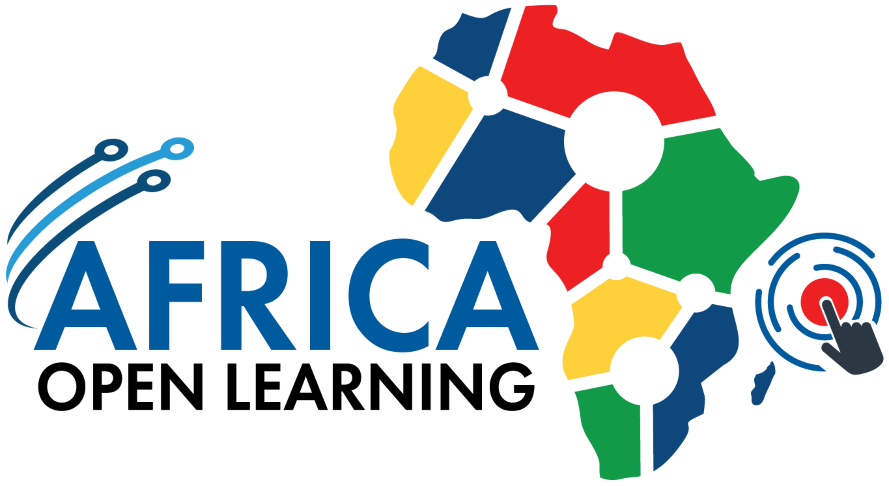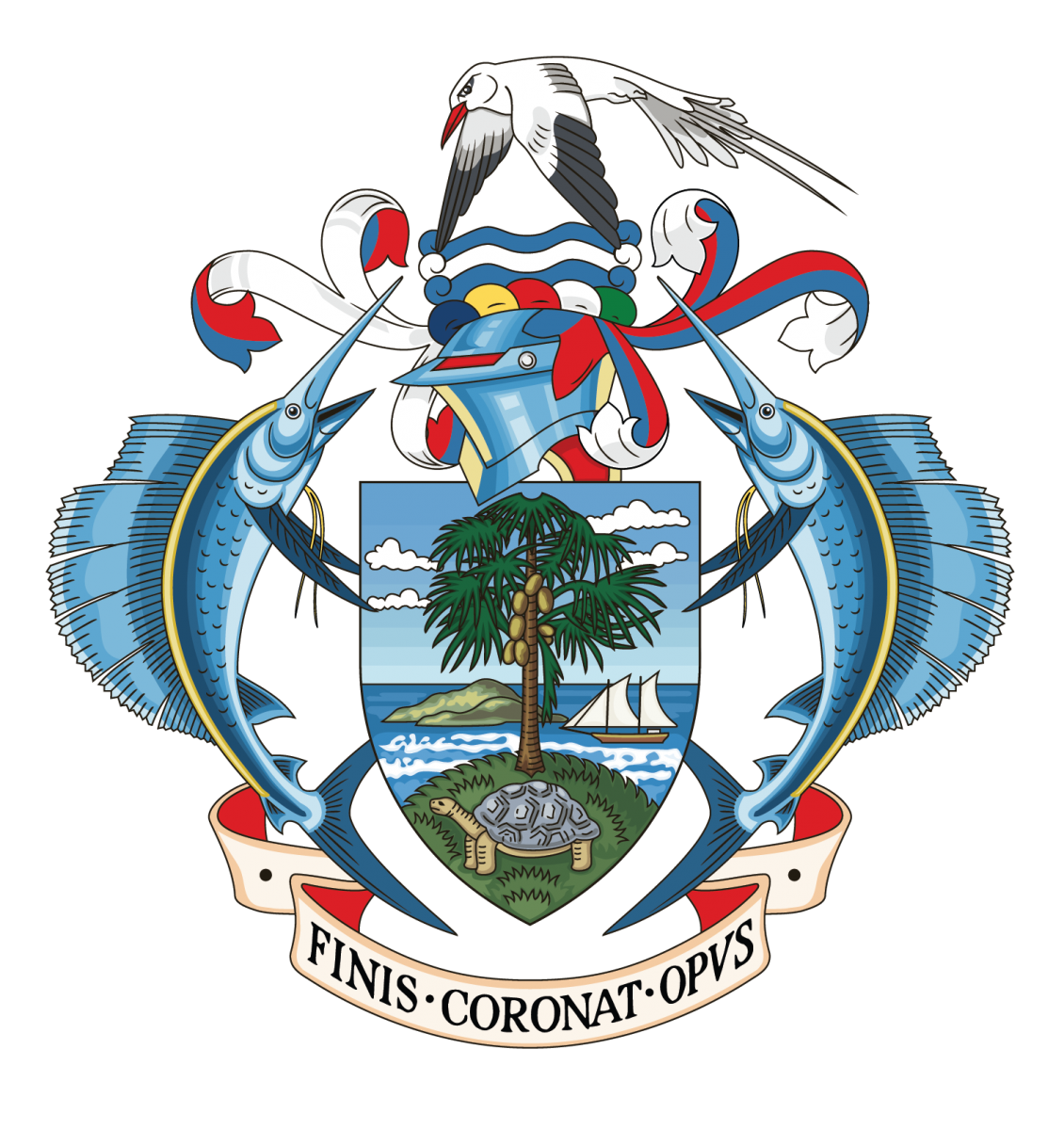Flexible Learning That Enhances Your Potential
Micro-credential certification in Research Methodology in Financial Planning MGT6434 (MFP) **
Research allows leaders to gain new knowledge that subsequently can change their understanding of themselves, the business, and the business environment. Students will be exposed to various research methods commonly adopted in organisations or businesses to support effective decision-making. The students will learn how to identify the issues, phenomena, or problems faced by organisations or related areas and to determine the most appropriate research method to adopt to arrive at a probable or viable solution for the research problem. This would enhance management decisions and improve leadership effectiveness in accounting, finance, auditing, taxation and other areas of business and management.
Note: Subject relates to Master In Financial Planning
** indicates that these programmes will be offered soon
 This programme is designed, delivered, assessed and awarded by SEGi University through the Africa Open Learning Platform.
This programme is designed, delivered, assessed and awarded by SEGi University through the Africa Open Learning Platform.
Entry Requirements - No
Age - 23 Years Above
Experience - No
Language Proficiency - Yes
Numeracy Proficiency - No
Prerequisites - No
Others - No
- Introduction to research
- Research process, applying scientific research to management problems, research objectives, problem statements, development of hypotheses, ethics in business research
- Choice of Topic, Literature Search and Research Proposal
- Basic requirements, general areas for research, the selection process, the research problem, purposes of a literature search, research databases, how to write a literature review, how to make citations.
- Research Design
- Exploratory research, descriptive research, causal research, cross-sectional and longitudinal designs.
- Exploratory Research Design: Secondary Data
- Primary versus secondary data, advantages and disadvantages of using secondary data, types of information sources, evaluating information sources, review and evaluate search results.
- Exploratory Research Design: Qualitative Research
- Qualitative versus quantitative research, focus group, depth interview, projective techniques, observational techniques, analysis of qualitative research.
- Survey Methods
- Interviews, self-administered questionnaires, sources of survey errors, response rate.
- Measurement
- Measurement scale construction, primary scales of measurement: nominal, ordinal, interval and ratio, comparative scaling techniques, non-comparative scaling techniques, reliability and validity measures.
- Questionnaire Designing
- Choosing questionnaire structure and wording, determining the order of the questionnaire, form and layout.
- Sampling
- Sample size determination, probability and non-probability sampling.
Written assignment - 40%
Project paper - 60%

